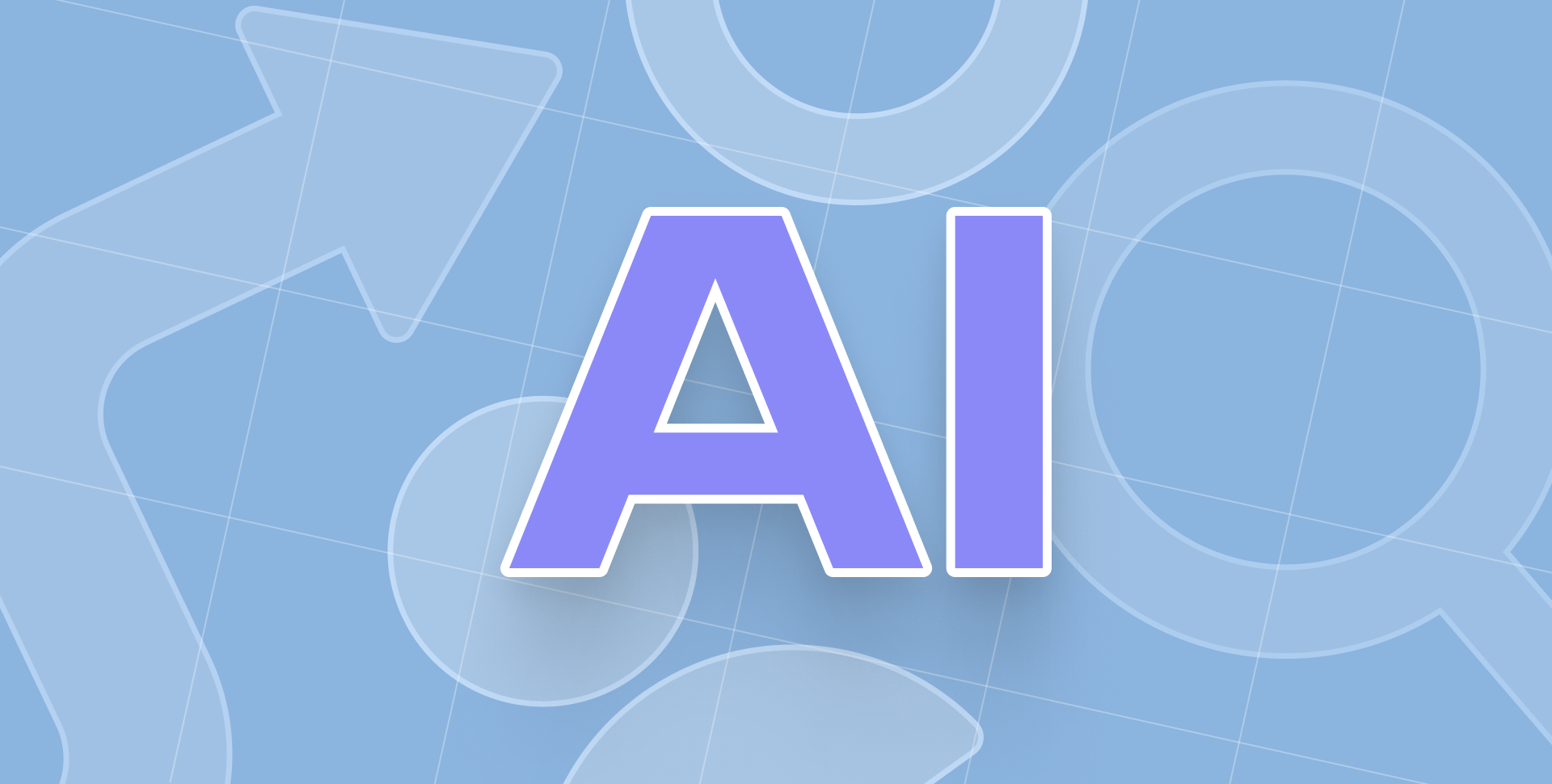Book a 30-minute demo and learn how Kula can help you hire faster and smarter with AI and automation
Imagine this: it's a Tuesday, and at 5 in the evening, you still have a mountain of interview notes scattered on your desk. Three promising candidates are waiting for the next steps in the hiring journey, but you haven't had a second to update the hiring manager.
This constant administrative churn is an expensive, painful distraction from meaningful work. Juggling calendars, sending reminders, and copying notes into templates turn you into more of a coordinator than a recruiter.
You need a tool that can automate a lot of this so you can focus on the bigger picture while being perfectly synced with the operational side of recruiting.
To help you find the most suitable tool, we’ve evaluated the top five recruitment automation software based on criteria such as effective workflow automation, ease of use, AI capabilities, and overall candidate and recruiter experience.
Top 5 recruitment automation tools
Next-level recruitment automation goes far beyond AI-written email templates. The right software will let you configure no-code workflows that trigger customized communication, tasks and record changes based on each candidate's progress.
1. Kula ATS

You can accelerate hiring, remove manual tasks, and build your own recruiting playbook with Kula, the all-in-one ATS for hyper-growth companies.
You can also set up rules and triggers that automate key steps like scheduling interviews, collecting feedback, and advancing candidates from one stage to another.
Let's take requisition approvals as an example. Without automation, a hiring manager might have to manually email the hiring plan to their manager, who prints it, signs it, and walks it over to Finance for budget confirmation. Then, HR reviews before finally approving the open role. That’s a lot of manual hand-offs.
With Kula, you can define this workflow once—specifying each approver stage and sequence. As a result, when a hiring manager submits a new requisition, it gets automatically routed to Finance and HR for electronic signatures based on the rules.
Therefore, no one is waiting on emails or paper documents. The system tracks it through each stage and sends notifications on the next steps.
Besides that, here’s what Kula enables you to accomplish:
- Set up automated notifications so the hiring team receives text alerts when candidates reach the final round.
- Attract top talent with easily customizable career pages that reflect your brand, enhancing the candidate experience and employer branding.
- Trigger email reminders (or messages within the platform itself) with links to a candidate's work samples before each interviewer's screening call so they’re not left scrambling at the last second.
- You can generate data-driven insights as well. The embedded dashboard gives quick views of your pipeline and upcoming interviews. While behind the scenes, AI tracks candidates and predicts hire dates.
- Additionally, you can create, export, and schedule ad hoc reports from within the platform in .csv format.
- Kula offers integrations (like with HRIS and job boards) to bring manual data entry down to a minimum.
- Interview intelligence features can also take notes during interviews and send feedback to hiring managers, taking those two time-consuming activities off your plate.
2. Lever ATS

Lever ATS provides several key automation capabilities to simplify workflows for recruiters and hiring managers.
One helpful feature is workflow triggers that automatically initiate actions when certain events occur, such as an application being submitted or a candidate moving to a new stage in the hiring process.
Recruiters can update candidates with customized messages when they are scheduled for an interview, move to another stage, or if their application gets rejected. This saves significant time compared to manually sending communications.
Lever ATS can also:
- Automatically send out candidate feedback surveys.
- Send feedback reminders to the interviewer.
- Integrate with DocuSign to send new-hire contracts.
3. Greenhouse ATS

Greenhouse ATS lets you minimize manual tasks through tailored automation. You can:
- Build reusable interview guides with preset questions automatically sent to the interview to standardize evaluation.
- Set up surveys to request feedback from candidates at different hiring journey stages. This provides ongoing automation for gathering insights.
- Trigger emails when candidates reach particular stages to auto-advancing candidates that meet predetermined criteria.
- Integrate with other tools and databases (like HRIS) to auto-share data and eliminate manual data entry.
- Eliminate manual hand-offs with predefined workflows.
Greenhouse ATS is a good option for volume hiring at larger organizations that do not want to lose sight of equitable hiring etiquette.
4. Workable ATS

Workable ATS provides several tools to automate repetitive recruiting tasks.
You can set up customizable email templates to send out automatically to candidates at different stages. Think thank you notes, interview confirmations, offer letters, and rejection notices with built-in delays and personalization.
Candidates can book their interview slots based on hiring team availability through automated calendar links, reducing the time you would have spent on back-and-forth scheduling.
Workable ATS triggers automated emails to inform the hiring team of candidate reviews, upcoming interviews, and other key events to keep everyone aligned. Customizable performance review and scorecard templates gather structured feedback from interviewers automatically.
In addition to the above, Workable ATS offers a range of other process automation capabilities like requisition creation rules, offer letter generation, task assignment, and candidate status update triggers.
5. Pinpoint ATS

Pinpoint ATS provides several tools to automate recruiting workflows.
You can post jobs to multiple boards through integration connectors and track their performance. You can also set up rules to initiate actions like requisition approvals and candidate auto-advancement based on certain conditions being met.
Pinpoint ATS makes it easy to automate personalized communications with customizable email and SMS templates that provide personalized, triggered communications to candidates at different hiring stages.
You also get dashboards and reports that offer visibility into critical recruiting funnel metrics like time-to-hire, source of hire, and more to guide optimization.
Configurable rules and templates enable process automation, while advanced analytics inform better decision-making.
What to look for in a recruitment automation software tool
If you’re stuck playing email tag with hiring managers and candidates, you need:
- A solution that automatically triggers the next steps based on previous candidate actions according to the rules you set up.
- Hands-off tools that are still customizable to your unique workflows
- Fewer requirements to update records, follow up, and monitor tasks manually
Let’s look at this closely.
Automatic triggering of next steps
Seek solutions that can automatically trigger next steps with zero manual intervention between stages.
For example, when candidates hit milestones like completing an online application or skills test, interview scheduling and coordination of the next steps should happen behind the scenes.
Useful triggering capabilities include:
- Scheduling interviews, sending prep guides, and updating records when screening/assessments are completed
- Sending personalized rejection letters or moving candidates to new workflows if they fail eligibility checks
- Triggering offer letter generation and paperwork when final approvals happen
Customization for unique workflows
While process efficiency is key, recruitment workflows vary widely across teams. Vet tools for customization potential around:
- Building automated sequences to match existing pipelines rather than overhauling processes
- Flexibility to add, remove, or edit hiring stages
- Custom branding, email templates, and candidate communications
- Integration support to incorporate other platforms like assessment tools or background checks
Less manual work
Intelligent automation will minimize repetitive administrative tasks by:
- Generating and sending rejection and offer letters with merge fields linked to records
- Logging activity histories so recruiters don't have to document interactions manually
- Syncing candidate data across linked software platforms like your ATS
- Providing bulk actions for communications (e.g. one-click email sequencing)
How Kula leads in recruitment automation
Kula eliminates busy work, so you can truly recruit with purpose. Here’s how Kula helps recruiters and HR managers:
Automates repetitive admin tasks
Manually updating the candidate stage for every rejection, deferral, or reactivation is administratively burdensome.
To ease the process, Kula lets you set up workflows once in the platform and then progress candidates and roles automatically based on the predetermined routing rules.
For example, your company’s standard practice may be to reject candidates if they haven't been engaged in 7 days. Instead of having recruiters manually watch for those thresholds and update records, Kula can automatically shift the status to Rejected and send a customized response template after the defined duration of inactivity.
In another case, promising applicants that aren't an immediate priority fit for open roles can get deferred so their records disappear temporarily and then get automatically reactivated later via email reminders to re-engage them at a better-aligned opening.
Trigger assessments by workflow stage
Consider a hiring process requiring a phone screening followed by a skills test. With Kula, Instead of the recruiter having to manually prompt an assessment for every candidate that completes the phone screen, rules can trigger the assessment automatically as soon as the phone screen stage gets completed in the system instead of you having to mark it as passed.
The same automated sequencing can orchestrate a multi-step process like Personality > Skills > Case Study progression without you manually intervening between steps.
Assign & monitor user tasks
Another time-consuming recruiting activity is waiting for the hiring manager to review candidates and update you.
Kula optimizes work tracking by instantly assigning structured review tasks within candidate records to anyone, be it the hiring manager or panel interviewer. Tasks encapsulate precisely what needs to be reviewed (e.g., Resume, Take-home), by when, and with descriptive titles automatically feeding into reviewers' workload dashboards.
For example, for a UI Designer opening, recruiters can swiftly assign a "Portfolio Review and Feedback" task to the design lead, requiring mockup evaluation by Friday. This attaches the due diligence directly to the candidate record while adding it to the manager's requests dashboard.
Rules then track the progress milestones like the last updated date so you get intelligent alerts. You don’t have to check in periodically. The system can automatically flag overdue portfolio reviews if no activity occurs for three days after the due date.
Personalize notification delivery
For high-volume recruiting, manually customizing every team member's internal communications is impractical. But notification overload kills productivity.
Recruiting coordinators need real-time event updates to react swiftly, while hiring managers want scheduled digests for self-driven review.
Kula allows users to configure their notifications by channel and frequency while retaining company override abilities (for urgent broadcasts).
Automatically sends candidate information to interviewers
Rather than hoping reviewers independently pull together interview packets, Kula automates sending necessary context conveniently when meeting notices get delivered. The “context” here is:
- Candidate Resume & Assessments
- Structured Scorecard Templates
- Calendar Invite
So, the interviewer automatically has the calendar invite link, resume, assessment, and scorecards before the interview.
Choose AI-driven automation that works the way you do
Every software promises AI and automation today, but how do you choose what's right for your needs amidst the noise?
As this guide shows, not all automation is equal. While some solutions offer basic templates and triggers, the most effective recruiters demand more.
Kula offers a comprehensive AI-powered platform that automates and streamlines the entire hiring process - from sourcing to screening to onboarding - while enhancing candidate experience.
The all-in-one suite seamlessly integrates intelligent automation, conversation analytics, and self-service portals so you can focus on what matters - hiring exceptional talent.
Don't settle for one-size-fits-all software that barely reflects your processes. Kula’s customizable automation adapts to your workflow rather than the other way around, acting as an enabler for efficient hiring processes.
Reach out to us and schedule a demo today!




















